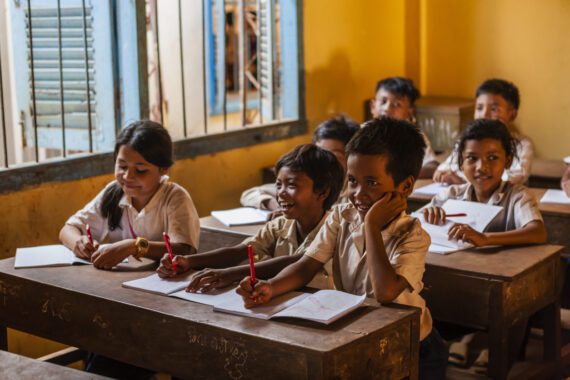Immigrants from Guatemala, El Salvador, and Honduras sent home more than $10 billion in remittances in 2011 — almost all of it from the United States. Remittances comprised 17 percent of GDP in Honduras, 16 percent in El Salvador, and 10 percent in Guatemala and they dwarf both foreign direct investment and overseas development assistance. Remittances reduce poverty and help millions of families that receive them obtain food, clothing, education, housing, and health care, but they can also create dependence on the diaspora. Their greatest potential — fueling productive investment that generates jobs and income and reduces immigration pressure — is often untapped.
In addition to the flow of money back to Central America, in recent years the number of immigrants returning from the United States to their home countries has increased. During fiscal year 2011, the United States deported a record 396,906 unauthorized immigrants, including more than 76,000 Central Americans. Central American governments are unprepared for these returned migrants. Many deportees end up re-migrating to the United States because of the lack of opportunities in their native countries.


